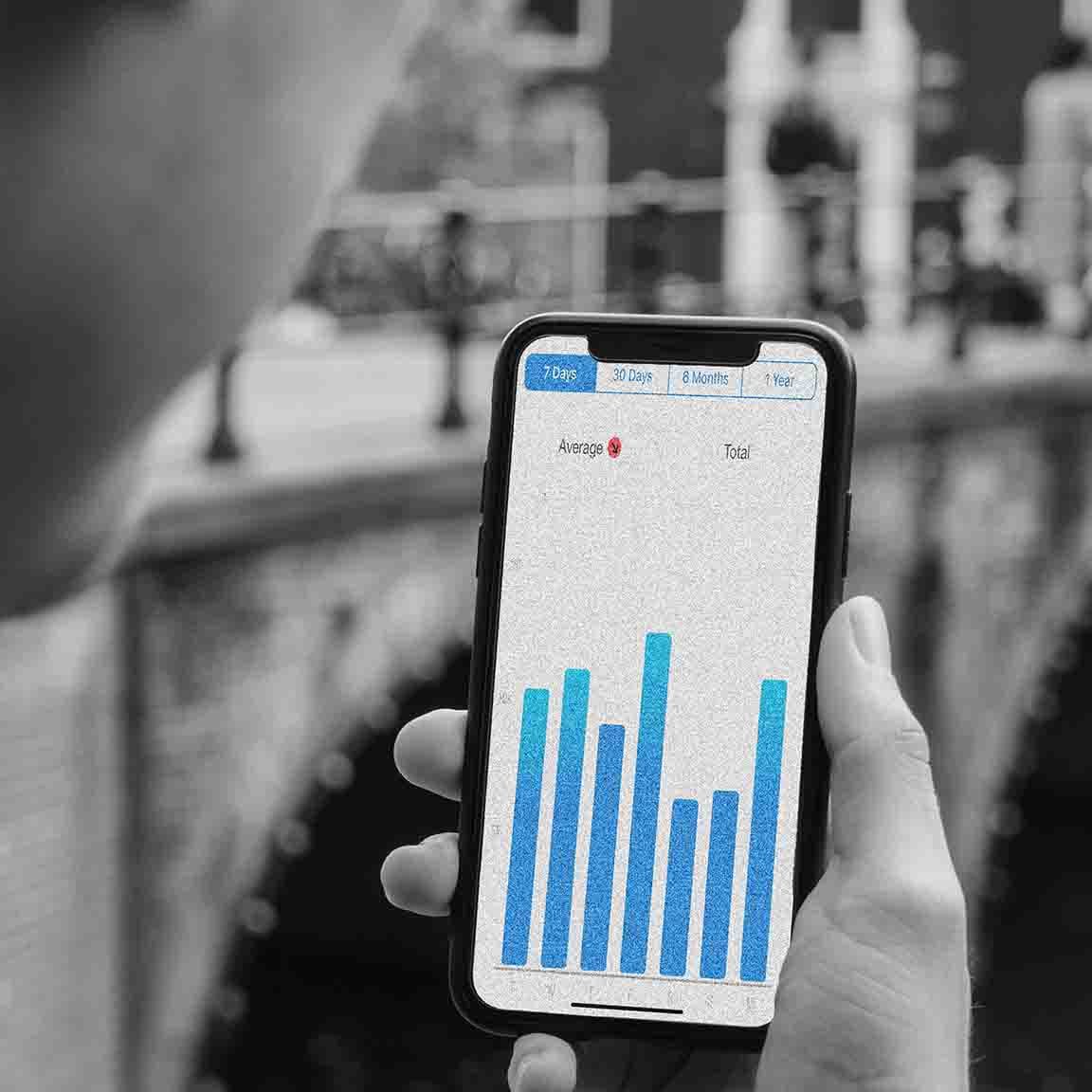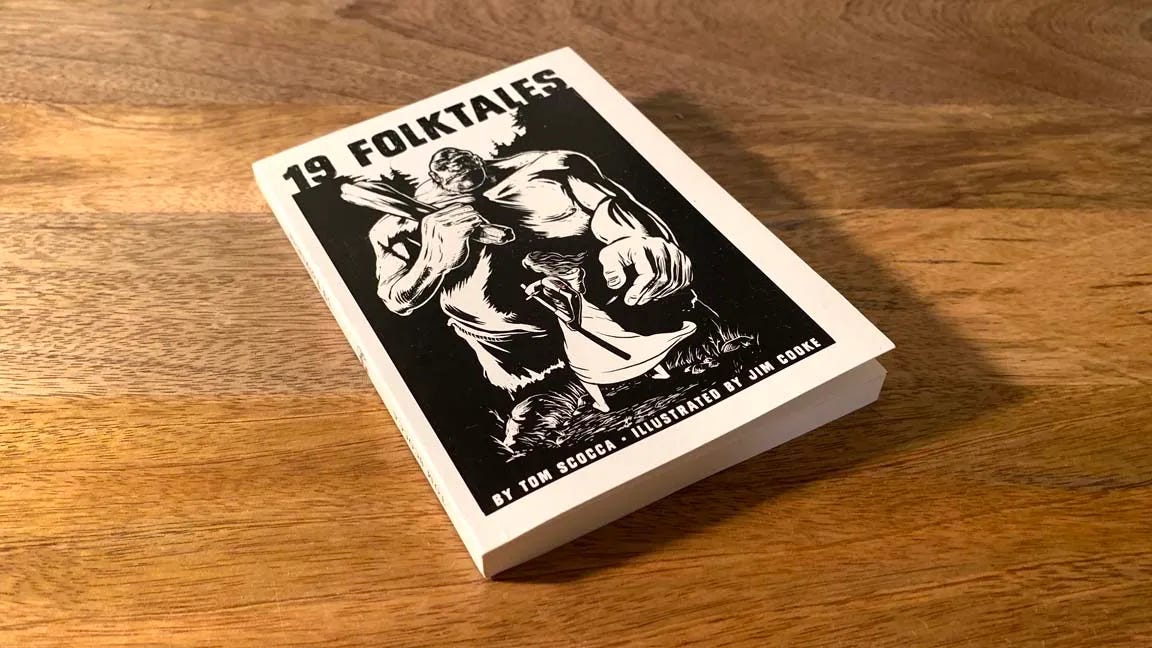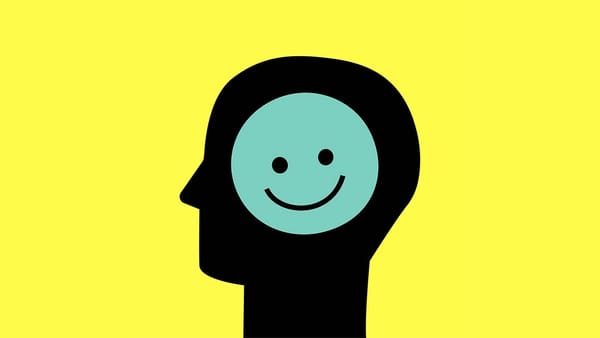Screening out consciousness
Indignity Vol. 4, No. 65

Which Time Gets Killed When the Phone Kills Time?
MINDFULNESS DEP'T.
SOAPY, DIRTY WATER was going down the drain. I had rinsed off some dishes and moved them from the sink to the dishwasher—not all of them, and the lunch thermoses needed to be done by hand, but enough to clear sink space for a steel bowl to wash the dinner vegetables in. Now the suds, edged with the orange-red of the meat sauce from the leftover pasta that had been in the lunches, were ebbing away. I was looking at them because I wasn't looking at my phone.
This was Friday evening. A few hours earlier I had read Max Read's newsletter essay on the problem of the phone, and then I had read Choire Sicha's newsletter about a Sam Kriss newsletter essay about the experience of giving up smartphone use ("It seems worth it, and now I don’t know what to do," Choire wrote), and then I'd read the Kriss essay.
Max wrote:
As everyone who’s had pain in their thumb from scrolling knows, the actual point of “screen time” is the time part—the hours it allows you to numbly burn up. There’s no “more efficient” version of social media because you can’t pass time any more quickly.
He then quoted a passage from a book by Richard Seymour which described "Natasha Dow Schüll’s concept of the 'machine zone,'" originally applied to people addicted to video slots, for whom "the idea of facing the normal flow of time is unbearably depressing." So many people circling the same sense of dismay!
Sam Kriss wrote more or less the same thing:
Not using a phone taught me what a phone is really for. It’s not for communicating with other people, getting directions, reading articles, looking at pictures, shopping for products, or playing games. A phone is a device for muting the anxieties proper to being alive. This is what all its functions and features ultimately achieve: cameras deliver you from time, GPS abstracts you out of space, and an all-consuming screen that keeps you a constant safe distance from yourself. If there’s something you’re worried or upset about, you can simply hide behind your phone and it will all go away. One third of adults say they’re on their phones almost constantly. Their entire waking lives are spent filling time, plastering over the gaps, burning up one day after another, waiting for something to happen, and it never does.
I mean, obviously: yes. True. Kriss noted that people used to smoke cigarettes instead, to give their hands and minds something to do in slack moments: "Both of them will also kill you."
There are a lot of things to read about phone use right now, in part because the social psychologist Jonathan Haidt has a book out blaming smartphones and social media for the misery of today's young people. Haidt is a tendentious boob and a smarmy reactionary—he somehow thinks basement Atari consoles were more sociable than online multiplayer games, and he also believes social media makes kids go trans—but even if the causes and effects of screentime and youth unhappiness may be backwards, the smartphone doesn't exactly seem like a vector of good feelings.
Phone absorption does feel like self-destruction, when I stop to think about how it feels, which phone apps generally keep people from doing. To read about it was to want to stop doing it.
"Right now, you are—statistically speaking—reading this on a smartphone," Kriss wrote. Anecdotally, instead, I read all three items on my laptop screen. This seemed only marginally better, if at all. We'd skipped doing the newsletter that day, due to some overscheduling, but in the time freed up by that, I'd mostly just kept gazing into the screen.
Still, the laptop was also where I went to type this up. It's easier to be active on the laptop. The different points of attention are spread out in something like a single field, or at most a double field of browser tabs and application icons, rather than an array of different app-holes for the user to crawl into and then out of. The phone is its own particular problem.
Granting the premise that the phone is an antidote to living, though, I was wondering: what is it I personally don't want to live through? If I paid attention, at precisely the moments my attention tried to veer away, what would I find I was doing and feeling and thinking? What about existence makes me reach for my pocket?
The first answer turned out to be the soapy water. A boring little transitional moment, a pocket of dead time. One task was done, and the next task would be ready to begin as soon as the slop from the first task, with the help of gravity, got itself out of the way. There was nothing for me to add to the draining process, nor was it an especially edifying thing to pause and watch.
The second moment I wanted my phone was after the vegetables were washed and chopped. While I was doing the washing and chopping, I'd shaped the basic idea of writing this. I often think up something to write, or come up with some other kind of idea, while preparing vegetables in the sink; I'd always credited this to the low level of mental engagement the job requires, but now it occurred to me that another part of it was that my hands were full and covered with water. I was bored, but I couldn't stick the phone in front of my wandering mind.
As soon as my hands were free, though, I felt the impulse. Here I didn't have the excuse of filling time while I waited for anything. I could start the next step in making dinner, or take the first step in typing this essay, immediately. But I wanted to break the flow of time anyway.
It was easy to embrace the notion that this was a personal failure. One of my fixations as a writer is lost time and lost chances. And yet I keep murdering my own time by staring at the phone.
On the other hand, I wasn't totally blank-minded in wanting to look at the screen. I'd typed something to a friend on the computer, and I was wondering if they'd gotten back to me. Thirty-five years ago, I might have been making something in the kitchen while keeping a phone handset, with an extra-long cord, tucked between my shoulder and my ear. You can't hold an iPhone like that, so the choices are to lay it on the counter on speakerphone and yell at it or get those stupid ear twigs, which I will never get.
Sorry, that was a tangent. The point is, people have been dividing their attention between their immediate surroundings and more interesting things somewhere else for a long time. In 1989, though, you wouldn't switch away from your phone call with a friend to dial the weather and then the time and then the library reference desk. The intention with which you reach for the smartphone may not reflect what you end up doing once you've unlocked it. The distractions have their own distractions.
How focused does a consciousness want to be? Today's children, it is undeniable, have grown up without the iron mental discipline of being truly bored—raindrops-on-the-backseat-car-window bored, dust-motes-and-curtain-moirés bored—but also now even people who are old enough to have lived with that feeling are using meditation apps to try to clear their minds. I moved on to chopping tomatoes and it was so tedious I wanted to listen to music, for which I now use the phone and a wireless speaker. I couldn't even think of what I wanted to hear, besides not the sound of myself chopping tomatoes, until I realized that a line in Choire's newsletter had put "911 Is a Joke" in my head. A thought had made its way from his mind to mine.
I thought about checking the phone a few more times while I was stirring the vegetables in the wok, when it was clear they weren't done yet. I thought about it again after I'd checked the steak and decided to put it back under the broiler for one minute—I didn't want to second-guess that decision, and through long habit I'd unconsciously taught myself to distract myself until the timer would go off.
All through the weekend, I kept trying to resist the phone and to be aware of when I craved unawareness. I looked at it first thing in the morning, obviously, since that's where my alarm clock is. There was a message from a friend about something offensively dumb that they'd seen on social media—social media being not only a channel of phone use but a source of material for other channels of phone use. There was a story-promotion email from the New Yorker highlighting an article on "what our phones have done to reading." I tried to look it up later and found another New Yorker email promoting a different story with the headline "The Dumbphone Boom Is Real."
On the computer, I checked my Facebook tab out of the itch to see if there was anything new (I refuse to put Facebook on my phone), and someone was linking to a Slate article from February about how college students have lost the ability to read. The writer was a name I recognized from posts on Bluesky. The New Yorker story about what phones have done to reading was by Jay Kang, who I used to like seeing on Twitter until I quit. About half of the old constant urge to look at Twitter migrated to Bluesky, and the other half simply went away.
At the end of the weekend I picked up the phone to check the statistics on how much I'd picked up my phone. The screen-time figures said I'd had 35 minutes on Sunday. On Saturday, I'd had 41 minutes. But on Wednesday, in the grip of unexamined phone dependency, I'd only had 77, and that was the worst day of the workweek—save Monday, when I'd racked up 156 minutes on 106 pickups. The spike, I realized, was because on Monday I had been out and doing things: using the map application, taking pictures, reading in a waiting room. In the step-tracking app, while I was at my quantified worst in phone usage, I took more than 8,000 steps. Friday, in the grip of virtuous self-discipline, I took 2,805.

WEATHER REVIEWS
New York City, April 14, 2024
★★★ The promising early light faded. The wind from the direction of the dark western clouds carried the scent of lilacs. Streetside red maples dangled ruddy samaras. Under the gray sheet of clouds, darker individual cloud-fingers were starting to extend over Broadway. The weather app had made it look like the trip to the piano recital would just beat the oncoming showers, but the train got held up, and the first stray drops were beginning on the way out of the subway. Still, though the program went quickly, the showers had ended as soon as the post-performance snacktime did. Sun shone outside the subway mouth during the wait for the uptown train. Back home the first points of the leaves were poking out of the buds of the dogwood. Sparrows chattered and buzzed like raygun sound effects in the background of a session of reading on the balcony. All that was left in the sky were contrails intersecting beside the moon. It felt as if perfect conditions had set in to stay, but around 9 came the patter of one more shower coming through.

EASY LISTENING DEP'T.
This first rectangle, below, is the podcast file right here on GHOST. You can just stay right here and click that sideways black triangle and listen to five minutes and 32 seconds of podcast. People are telling us this thing doesn't work, though. Is that happening for you when you click the triangle, nothing? Let us know!
This next rectangle delivers you to the mighty podcast.indignity.net and all the episodes of INDIGNITY MORNING PODCAST. It works!

Visit podcast.indignity.net for the RSS thing and also Apple stuff, and now also back on Spotify:
Let us know at indignity@indignity.net if you encounter difficulties with the links. We're still trying to see what works! Thank you for trying to listen! Podcast!

SANDWICH RECIPES DEP’T.
WE PRESENT INSTRUCTIONS in aid of the assembly of sandwiches from New Presentation of Cooking with Timed Recipes, by Auguste Gay with the collaboration of Anne Page. Published in 1924, and now in the Public Domain and available at archive.org for the delectation of all.
RADISH AND PIMENTO SANDWICH
For each sandwich
2 slices of buttered bread
4 radishes
1 red pimento (canned)
1/2 teaspoon vinegar
Slice the radishes not too thick. Chop the pimento. Spread on one slice of bread the pimento; on the other slice of bread place the slices of radish. Sprinkle with the vinegar. Put slices together and press lightly to make them stick.
SARDINES AND OLIVE SANDWICH
For each sandwich
2 slices of buttered bread
4 sardines (in oil or tomato sauce)
6 green olives, pitted
6 ripe olives, pitted
Chop the sardines and olives together and spread on one buttered slice of bread. Place second slice of bread on top of first and press lightly.
If you decide to prepare and attempt to enjoy a sandwich inspired by this offering, be sure to send a picture to indignity@indignity.net.

MARKETING DEP'T.

The second printing of 19 FOLK TALES is now available for gift-giving and personal perusal! Sit in the strengthening sunshine with a breezy collection of stories, each of which is concise enough to read before the damp ground seeps through your blanket.

HMM WEEKLY MINI-ZINE, Subject: GAME SHOW, Joe MacLeod’s account of his Total Experience of a Journey Into Television, expanded from the original published account found here at Hmm Daily. The special MINI ZINE features other viewpoints related to an appearance on, at, and inside the teevee game show Who Wants to Be A Millionaire, available for purchase at SHOPULA.






